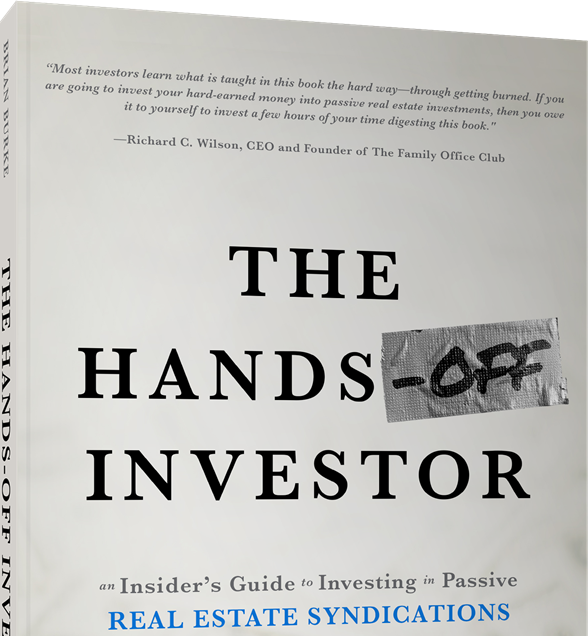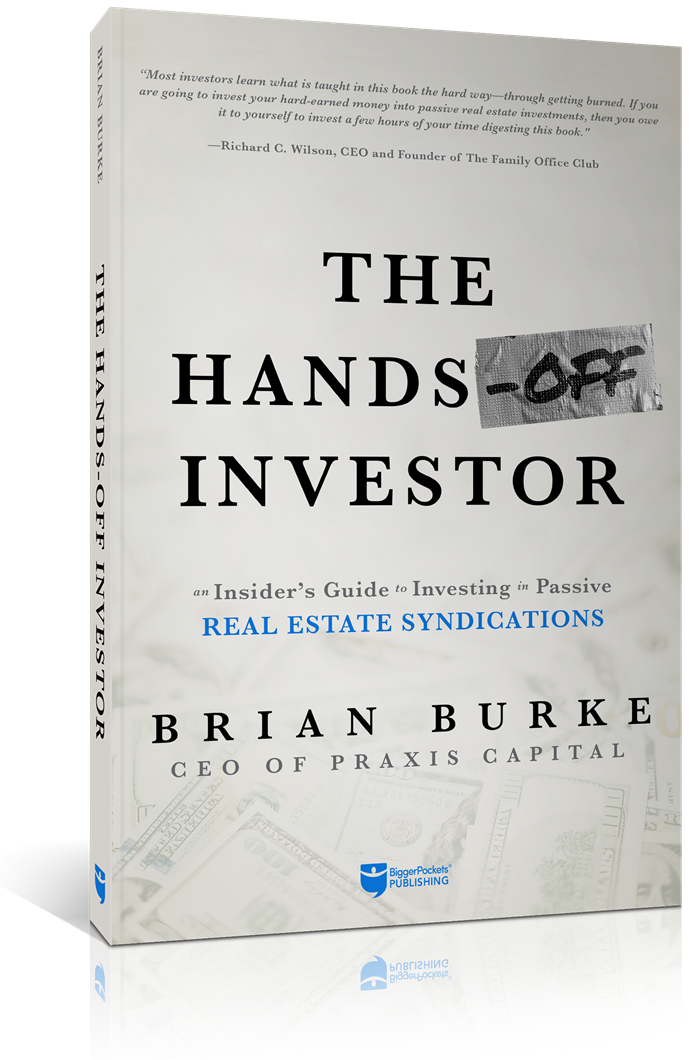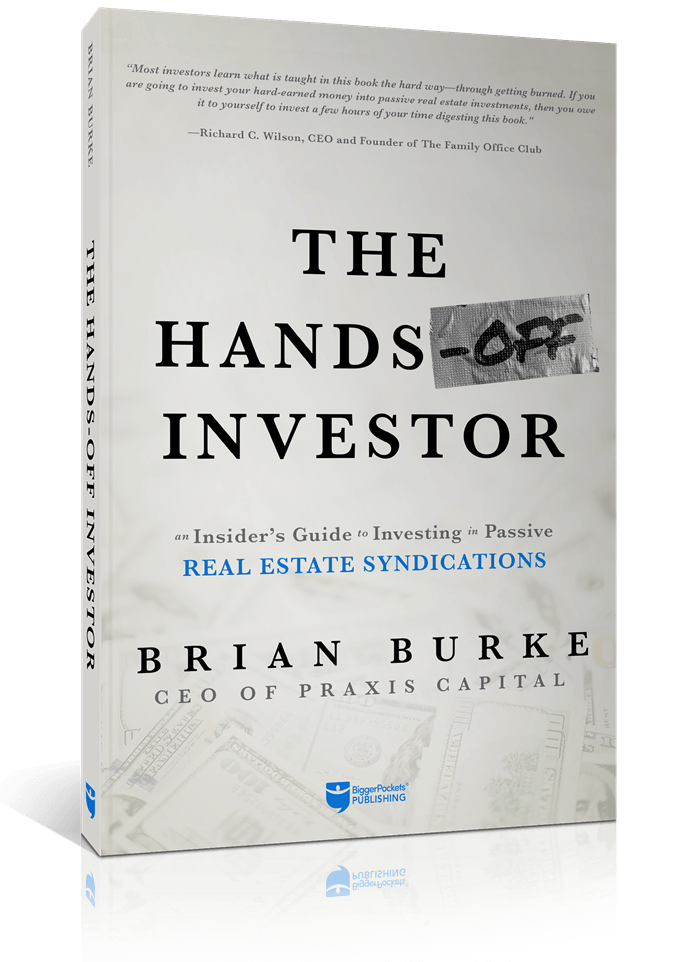Hot Trends Vs. Hard Data: Making Sense Of Real Estate Markets

What are the keys to making smart real estate investment decisions today?
We’ve got more data and technology than ever before. How is it helping and hurting individuals who want to invest in real estate? How do you see beyond the hype to make sound investments that really perform and meet your goals?
Real Estate Investing Is A Numbers Game
It’s true that real estate is a numbers business. It requires objectivity to make sound and profitable investments.
Emotions and getting carried away with the herd can really end up biting you back. It’s important to know your numbers and use them. It’s important to know the most important numbers to be watching.
Data, Data, Data
Big data is big. It’s great that we now have more access to data than any real estate investors have had ever before. It provides more insight and understanding of real estate cycles, value potential and performance.
Unfortunately, all this data has become a new form of risk for investors too. For a start there is so much data that new investors often don’t know which metrics to pay the most attention to. They don’t always see the cause and effects behind them. Or the effects of pushing certain metrics at the cost of others.
Then there are the flaws in the data. Numbers themselves aren’t perfect. Even the National Association of Realtors has restated years of back data in the past.
Lagging data is even more common. Real estate data is notoriously laggy. It may not be recorded, compiled and reported for months, a quarter, or a year. By then, things can have changed dramatically. It is far too late for the public to act and take advantage or mitigate that data as best as possible.
There is also seasonality, cyclical rotations and glitches based on how statistics are calculated which can throw off false signals to the less experienced. The experienced investor knows these dips can be followed by surges before the next round of statistics is reported, and vice versa.
Then there is data manipulation. The truth is that statistics can often be twisted and filtered to many different interpretations. Even on the same day, the same news channel can report the property market is up or down.
The media has become incredibly easy to manipulate too. Almost anyone can get their own opinion piece across major news sites today and make it sound authoritative. We’ve seen cities, builders and marketers do this to try and create trends to their own financial benefit, where they don’t exist. For example, even though home buyers really say they want more space and views in the suburbs, it pays others a lot more to make it sound like there is a trend and demand for living in micro lofts in dense urban neighborhoods.
Then there are major platforms which have an increasingly vested interest in directing public data. Zillow has raised some red flags. One day they report a market is declining in value. Then they go blank on data for that destination. Then miraculously they are forecasting a turn around and appreciation for that city. Bloomberg has made no secret of the fact that his intent in creating Bloomberg News was to influence and make markets.
Making Sense Of It
So, if you can’t trust the data and media alone, how do you make sense of it all?
When it comes to choosing a destination and real estate market to invest in, the data can help. It’s also important to use common sense. It’s helpful to have access to underlying, raw and hard data that offers emerging insights the public doesn’t have general access to yet.
Affordability is perhaps the number one most impactful factor to watch. It’s the most telling about future performance. If locals who need to work and live there can’t really afford to buy homes, that’s a red flag to watch. There is no room for growth except for speculation and perfectly timing the market to hand off the hot potato to someone else.
San Francisco is the perfect example of this. Oracle announced they are moving their OpenWorld tradeshow to Vegas due to the conditions on the street. Peter Thiel recently moved to LA, along with his businesses and funds, citing affordability issues for tech founders in Silicon Valley. We’ve seen similar trends in NYC. Many investors are looking for better value, where the numbers work and there is more sustainability and growth potential.
Then when it comes to specific investments, as Warren Buffett says, look at the merits, value and performance potential of that one individual investment. Don’t try to time the markets as a whole. Look at the numbers you can trust about that investment.
Then leverage expertise and those who know how to read between the lines of all this data, know the metrics to focus on, and how to elevate the most important numbers.



























